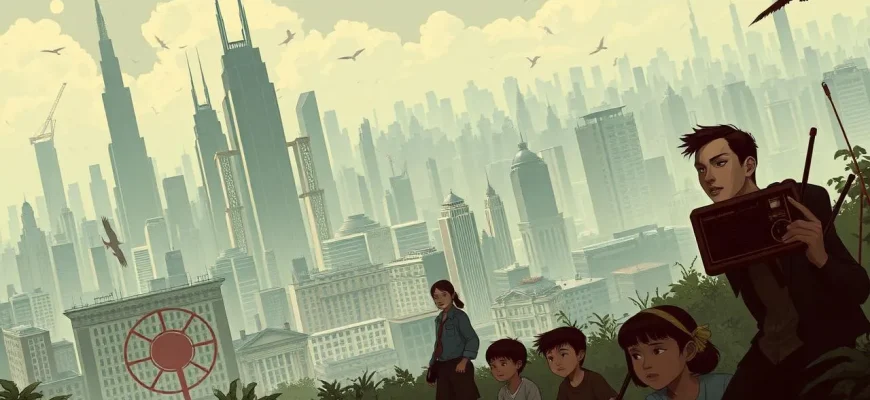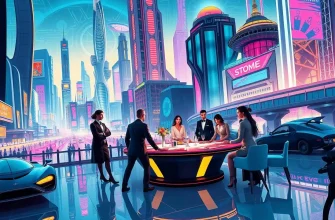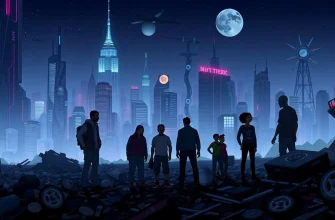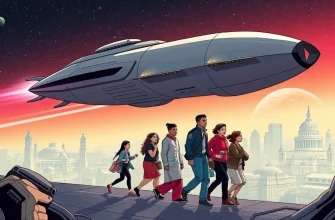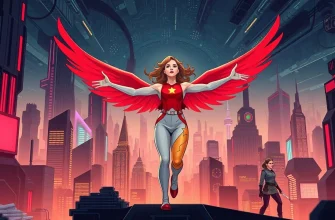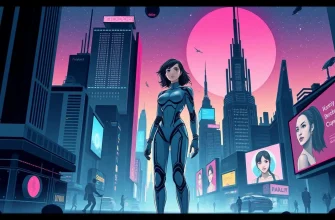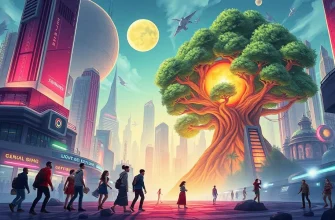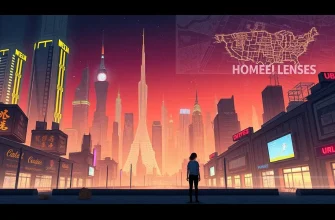In the realm of science fiction, the theme of dictatorship often serves as a chilling backdrop to explore the depths of human nature, power, and resistance. This curated list of ten films not only entertains but also provokes thought, offering a mirror to our society's potential futures. Each film in this collection provides a unique perspective on authoritarian rule, making it a must-watch for anyone intrigued by the interplay between technology, control, and freedom.
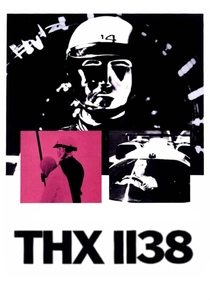
THX 1138 (1971)
Description: George Lucas's debut feature film, set in a future where emotions are suppressed through drugs, and individuality is forbidden.
Fact: The number "1138" has become an Easter egg in many of Lucas's subsequent films.
 Watch Now
Watch Now
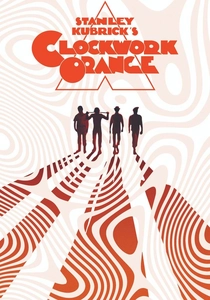
A Clockwork Orange (1971)
Description: Stanley Kubrick's adaptation of Anthony Burgess's novel explores themes of free will, violence, and the state's control over individuals.
Fact: The film was banned in several countries due to its graphic content.
 Watch Now
Watch Now

Gattaca (1997)
Description: In a society where genetic engineering determines one's social class, a naturally born man aspires to transcend his predetermined fate.
Fact: The film's title is derived from the letters representing the four nucleobases of DNA.
 Watch Now
Watch Now

The Matrix (1999)
Description: While not explicitly about dictatorship, the film explores themes of control, reality, and resistance against an oppressive system.
Fact: The film's "bullet time" effect revolutionized action sequences in cinema.
 Watch Now
Watch Now

Equilibrium (2002)
Description: In a dystopian future, a totalitarian regime has outlawed emotions through the use of a drug. The film follows a law enforcement officer who begins to question the system after missing his dose.
Fact: The film was heavily influenced by George Orwell's "1984" and Aldous Huxley's "Brave New World."
 Watch Now
Watch Now

The Island (2005)
Description: In a seemingly utopian facility, residents are told they are survivors of a global contamination, but the truth is far more sinister.
Fact: The film was inspired by the 1979 film "Parts: The Clonus Horror," which had a similar premise.
 Watch Now
Watch Now
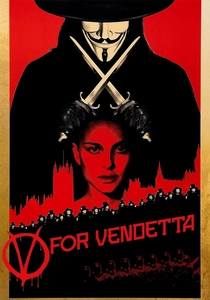
V for Vendetta (2005)
Description: Set in a future British society under a fascist regime, this film tells the story of a masked vigilante known as "V" who seeks to overthrow the government.
Fact: The film was adapted from Alan Moore's graphic novel, and Moore famously disowned the movie adaptation.
 Watch Now
Watch Now
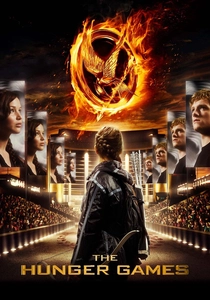
The Hunger Games (2012)
Description: In a post-apocalyptic world, the Capitol maintains control over the districts through an annual event where children fight to the death.
Fact: The film's success led to a franchise, with the story continuing in several sequels.
 Watch Now
Watch Now

Brazil (1985)
Description: This dark comedy portrays a bureaucratic, totalitarian society where one man's dream of escaping into a fantasy world leads to his downfall.
Fact: The film was initially released in a heavily edited version in the U.S., leading to director Terry Gilliam's disapproval.
 30 Days Free
30 Days Free
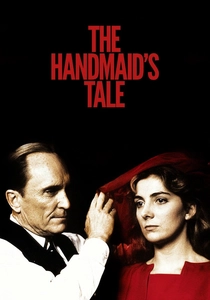
The Handmaid's Tale (1990)
Description: Based on Margaret Atwood's novel, this film depicts a dystopian future where women are subjugated and used solely for reproduction in a theocratic dictatorship.
Fact: The film was overshadowed by the later, more successful TV series adaptation.
 30 Days Free
30 Days Free

